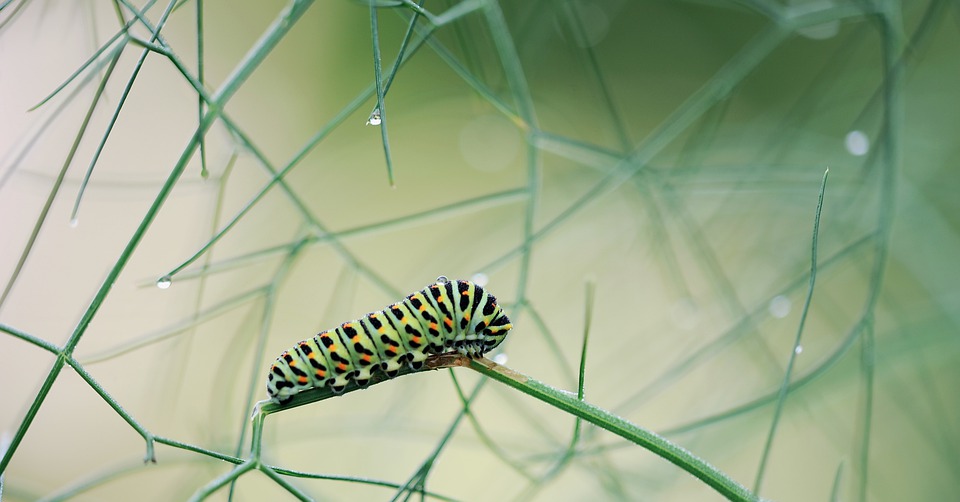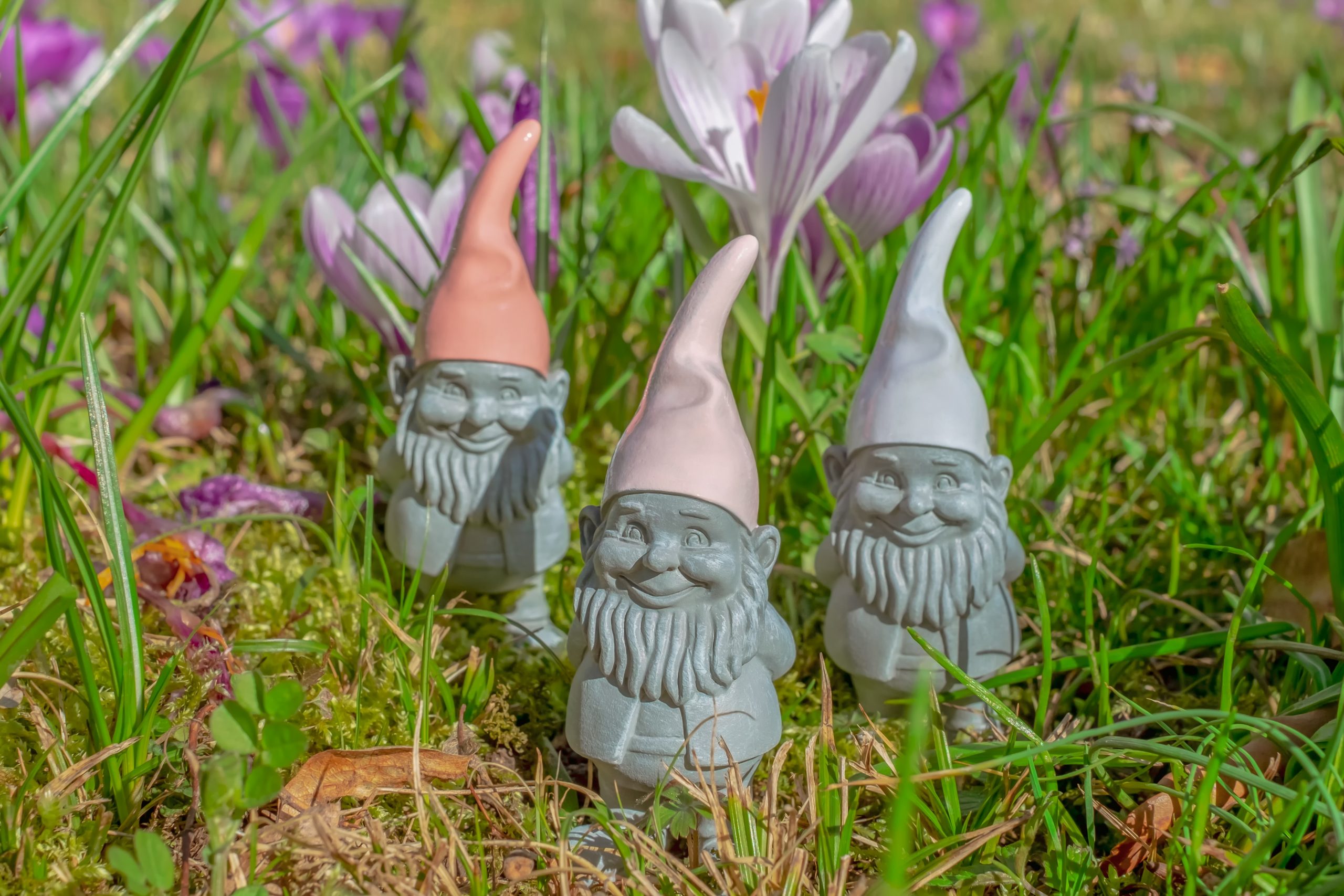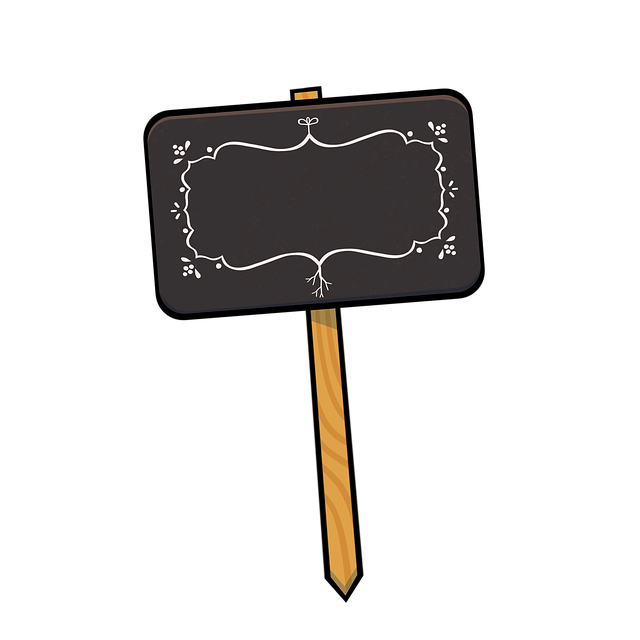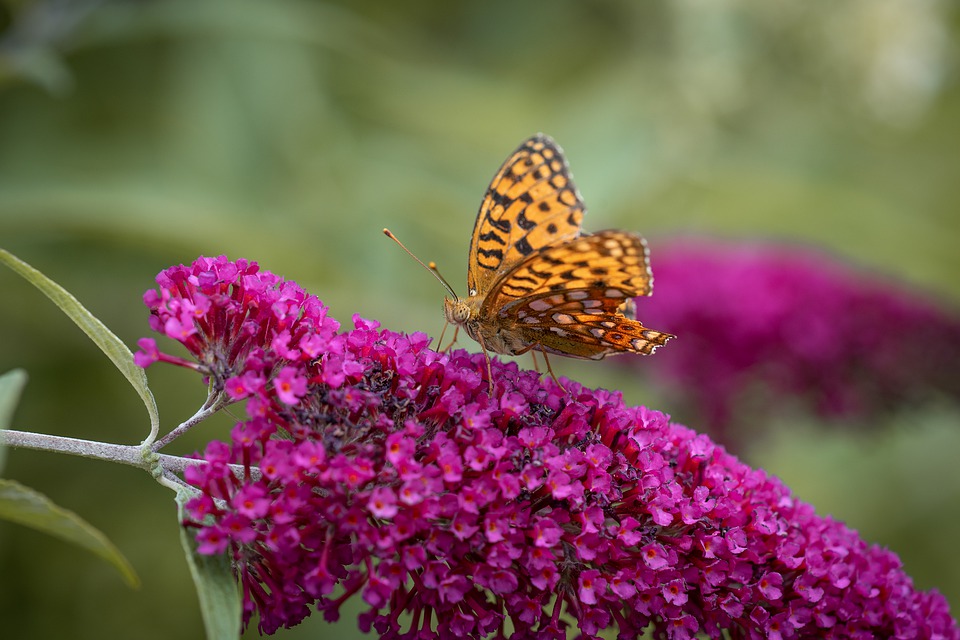In this article, we will highlight why it is important for your garden to have pests. Like every ecosystem, there are predators feeding on the prey and if you eliminate the prey in a biosphere, you also eliminate the predators.
Example of common predators in an organic garden:
- Lacewings
- Ladybugs
- Parasitic Wasp
The lesson you should know when it comes to an organic garden is that you need to have aphids to support and sustain every beneficial bug you want to welcome in your garden.
Why You Want To Have Bugs:
Pollinators

Pollinators
Insects that pollinate many of our fruits, flowers, and vegetables are known as pollinators. We wouldn’t be able to appreciate and rely on the products we do if it weren’t for them. Bees, wasps, ants, flies, butterflies, and moths are among them. They are currently believed to be in decline.
De-composers
Decomposer insects eat dead animals, decaying plants, fungus, and nearly everything else they come upon in their habitat. Mites, millipedes, centipedes, spiders, and beetles are all decomposers.
Parasitizers
Parasitic insects, like predators, prey on other insects, but in a somewhat different method. They lay their eggs on or in the bad bugs, and when the eggs hatch, the larvae feed on the host insects. Parasitic wasps are the main member of this category.
How to Identify Good and Bad Bugs in Your Garden
InsectsIf you come across an unusual bug in your yard, you should know if it is a good or bad bug. To analyze your newcomer, follow these simple steps… You’ll begin by looking about. Examine the bug closely and take note of what it is doing. If at all feasible, take a photograph. If the bug is consuming and inflicting considerable damage as a result of its feeding, it is most certainly a pest. Make a note if there are multiple insects present. The presence of a significant number of insects on plants might suggest an infestation. The sooner you confirm this, the sooner you’ll be able to solve the problem. Research other websites and databases after you’ve identified particular qualities.
The 2 Most Destructive Garden Insects
1. Aphids
Long antennae and two tubes extending forward from the abdomen characterize these pear-shaped creatures. They may be found on most fruits and vegetables, flowers, ornamentals, and shade trees. Aphids feed on plant sap, causing foliage to swell and leaves to fall off; nectar excreted on leaves promotes the formation of sooty mold; and eating transmits viral infections.
2. Cabbage Maggot
They only eat cabbage-family crops, particularly Chinese cabbages. The maggots burrow into the roots of plants, destroying them directly or allowing disease vectors to enter.
What If There Is an Infestation?
If ever you that your plants are suffering from a pest infestation, you can make use of organic soap or pesticides to handle the situation. I suggest you do not use pesticides that are non-organic and even for the organic ones, I recommend you limit their use.
You can use organic pesticides one or two times a year. Keep in mind that an organic garden will help you to maintain an ecosystem, from the beneficial insects to the non-beneficial ones.
Your first approach as soon as you see any insect in your garden might be to kill it, but this isn’t always the wisest course of action. Some insects are dangerous and should be controlled, but more than 97 percent of the world’s 1.5 million bug species are useful to gardens or just harmless. Agriculture and nuisance pests account for less than 3% of the total.
Let us know in the comments below what your approach to dealing with pests is?



